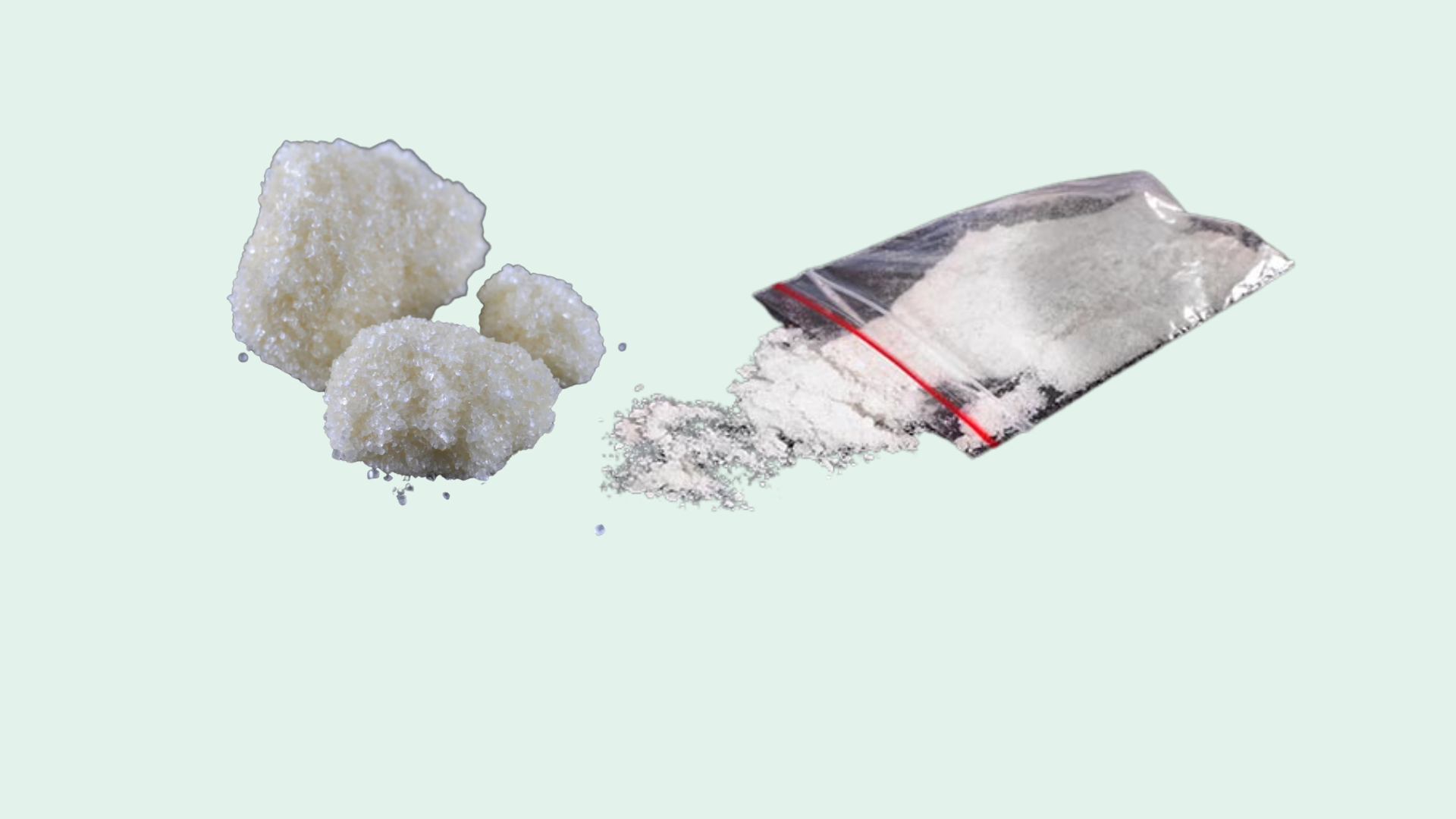Cocaine addiction is hard to break. Cocaine use disorder (CUD) is normally treated psycho-socially with a variety of therapy methods, as there is currently no FDA-approved medication for the treatment of CUD. Cocaine addiction treatment and recovery is a multi-step process, and early intervention can help produce a more positive outcome.
Cocaine Detox
Choosing to stop using cocaine is a courageous first step in the journey to recovery. Detox from cocaine typically focuses on managing psychological symptoms. Medical detox programs may offer supportive care, counseling, and medication to help ease the discomfort of withdrawal.
With all substances, detox should never be attempted alone and should be done with the support of medical professionals to help manage side effects. The psychological symptoms of cocaine withdrawal can be intense, so it is important to have support in this process.
Inpatient and Outpatient Treatment
Recovery from cocaine addiction starts with a comprehensive treatment plan that focuses on a person’s specific needs, any co-occurring conditions, and a goal of finding the underlying issues that lead to dependency to help tackle addiction.
Treatment options depend on the severity of addiction and the level of support required. Inpatient treatment involves care in a residential facility with round-the-clock supervision. This type of treatment is best for those with a severe addiction or those who have not found success with past treatment. Outpatient treatment is more flexible while still providing needed support, counseling, and other services.
The most common treatment for cocaine addiction is behavioral therapy, such as contingency management (CM), motivational interviewing (MI), and cognitive behavioral therapy (CBT), which aim to change negative thinking patterns and develop coping strategies. In addition to therapy, support groups can be a helpful tool in providing ongoing support during recovery.

